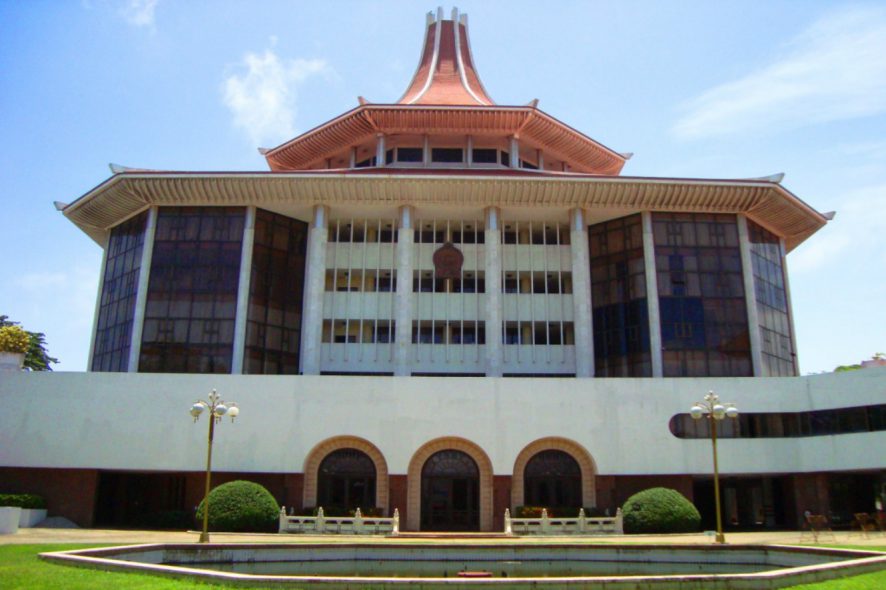Court of Appeal for the Democratic Socialist Republic of Sri Lanka: A Division Bench of Deepali Wijesundera and Achala Wengappuli, JJ. dismissed an appeal against conviction by the High Court.
Facts giving rise to this appeal were, prosecutrix heard a noise outside her hut and went out to check, she was dragged by the appellant into a nearby compound. Prosecutrix knew and identified the appellant as the fish monger from nearby village and as she had seen him before, there was no doubt related to his identity. She then after the alleged rape went into her house and found her mother hiding as she was also threatened by the appellant. The prosecutrix then went to the police station and reported the crime. She identified the appellant by name while making a complaint. Prosecutrix contended that the medical examination report proved that she was allegedly raped, which was corroborated by the testimony of the doctors.
But according to the appellant, the prosecutrix had committed a mistake while identifying him and that on the night of the incident he was not present at the spot and was present elsewhere. Hence, the High Court had ignored his plea of alibi while convicting him. Appellant contended that, he was convicted for kidnapping and rape under Sections 357 and 364, Penal Code of Sri Lanka, 1883, and was sentenced to 16 years with fine. Further, he alleged that the High Court has committed an error in trial and wrongly convicted him.
The learned counsel for the appellant Tenny Fernando, submitted that the appellant was not properly identified by the victim. He stated that prosecutrix had stated that she knew the appellant by his name as he came to sell fish, hence it was a case of mistaken identity and same was not raised by the appellant during the trial. The other point of argument was that the learned High Court Judge failed to consider the evidence of the defence in the High Court and the defence of alibi.
The Court observed that when the issue was not raised before the High Court by the appellant the Judge was correct in his conviction. The Court relied on the judgment in Sigera v. Attorney General, 2011 vol 1 pg. 201, where the ‘Turnbull Principles’ had been referred, and various parameters when convicting on the identification must be considered. It was held in Sigera, cases against accused depends wholly or substantially on the correctness of one or more identifications of the accused, which the defence alleged to be mistaken, the Judge should warn the jury of the special need for caution before convicting the accused in reliance on the correctness of the identification(s). The Court found no irregularity or illegality in the judgment of the High Court while praising the evidence. Thus, dismissing the appeal and upheld the conviction of the High Court.[Attorney General v. Wijesinghe Mapa Hamilage Priyankara, Case No. CA 253/2015, decided on 17-05-2019]







